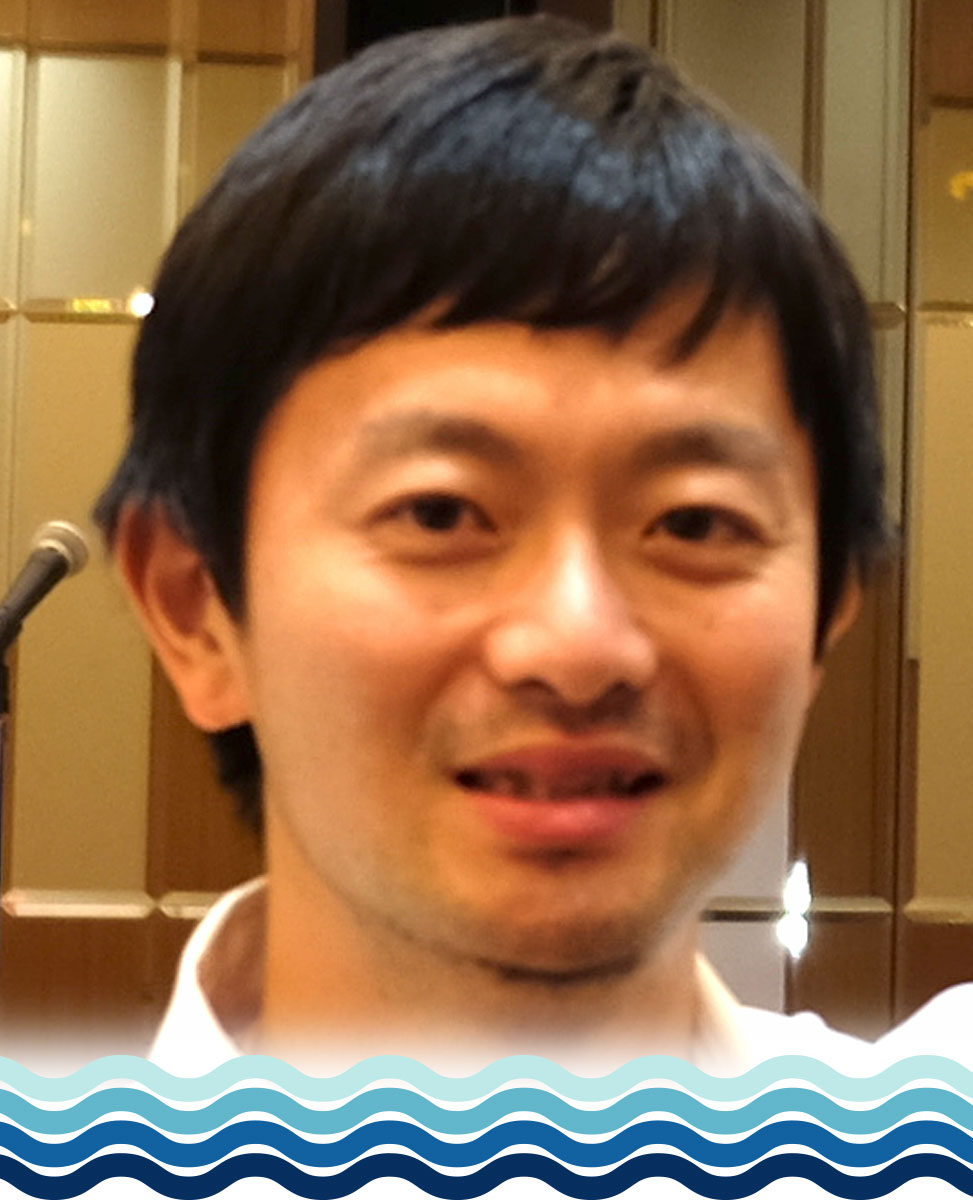Gosuke Hayashi
Associate Professor
Nagoya University
Talk Information
Exploration of Selectivity and Methods for Targeting Disease
18 June 2025, 05:15pm - 05:30pm, in the Pacific Jewel Ballroom
L52 – Mirror-Image Monobody Targeting MCP-1 Generated via mRNA Display and Peptide Ligation

Dr. Gosuke Hayashi is an Associate Professor in the Department of Biomolecular Engineering at Nagoya University’s Graduate School of Engineering. His research focuses on developing protease-resistant artificial proteins through chemical synthesis, aiming to create novel biomolecules that surpass the capabilities of natural proteins.
Academic Background
Dr. Hayashi earned his B.S. in Chemistry from Kyoto University in 2004 and completed his Ph.D. in Organic Chemistry at Osaka University in 2009. He conducted postdoctoral research at The University of Tokyo under Professor Hiroaki Suga, 2009–2011, and at Boston University with Professor James J. Collins, 2011–2012. He then served as an Assistant Professor at The University of Tokyo, 2012–2019, before joining Nagoya University as an Associate Professor in 2019.
Research Focus
Dr. Hayashi's research centers on the design and chemical synthesis of non-degradable proteins, utilizing synthetic organic chemistry methods to create artificial proteins resistant to proteolytic degradation. His work contributes to advancements in molecular biology and drug discovery by developing innovative protein-based materials.
Notable Contributions
Dr. Hayashi has contributed to the development of mirror-image monobodies targeting MCP-1, employing TRAP display and chemical protein synthesis techniques. These mirror-image proteins exhibit enhanced stability and reduced immunogenicity, offering potential applications in therapeutic development.
Awards and Honors
In recognition of his innovative research, Dr. Hayashi received the Inamori Research Grant in 2022, supporting his work in the field of artificial protein design and synthesis.
Professional Engagements
Dr. Hayashi is actively involved in collaborative research projects and contributes to the scientific community through publications and presentations. His interdisciplinary approach bridges organic chemistry and molecular biology, fostering advancements in synthetic protein research.
Mirror-Image Monobody Targeting MCP-1 Generated via mRNA Display and Peptide Ligation
Department of Biomolecular Engineering, Nagoya University, Japan
Engineered protein scaffolds function as binders against various target molecules with high affinity and specificity comparable to conventional IgG antibodies. However, biologically produced protein drugs are generally degraded by proteases and often exhibit immunogenicity. To increase protease resistance and decrease immunogenicity of peptides and proteins, mirror-image peptide/protein binders consisting of D-amino acids have been developed, so far mainly through the mirror-image phage display technique.
Here, we present a mirror-image protein binder derived from a monobody, one of the most promising protein scaffolds, using two notable technologies: chemical protein synthesis and TRAP, transcription-translation coupled with association of puromycin linker, display, an improved and streamlined version of mRNA display1. A sequential workflow of initial screening followed by affinity maturation, facilitated by TRAP display, generates an L-monobody with high affinity (KD = 1.3 nM) against the pharmaceutically important monocyte chemoattractant protein-1 (MCP-1) D-enantiomer.
By symmetry, the chemically synthesized D-monobody demonstrates strong and enantio-selective binding against L-MCP-1 and possesses pharmaceutically favorable properties such as resistance to proteolytic degradation, minimal immune response, and a potent inhibitory effect on MCP-1 binding to its cell membrane receptor. The production of a high-affinity mirror-image monobody elevates the value of mirror-image peptide/protein binders as a new modality in drug discovery.
1. Hayashi G, Naito T, Miura S, Iwamoto N, Usui Y, Nonaka M, Oishi S, Murakami H. Nat. Commun. 2024, 15, 10723.

